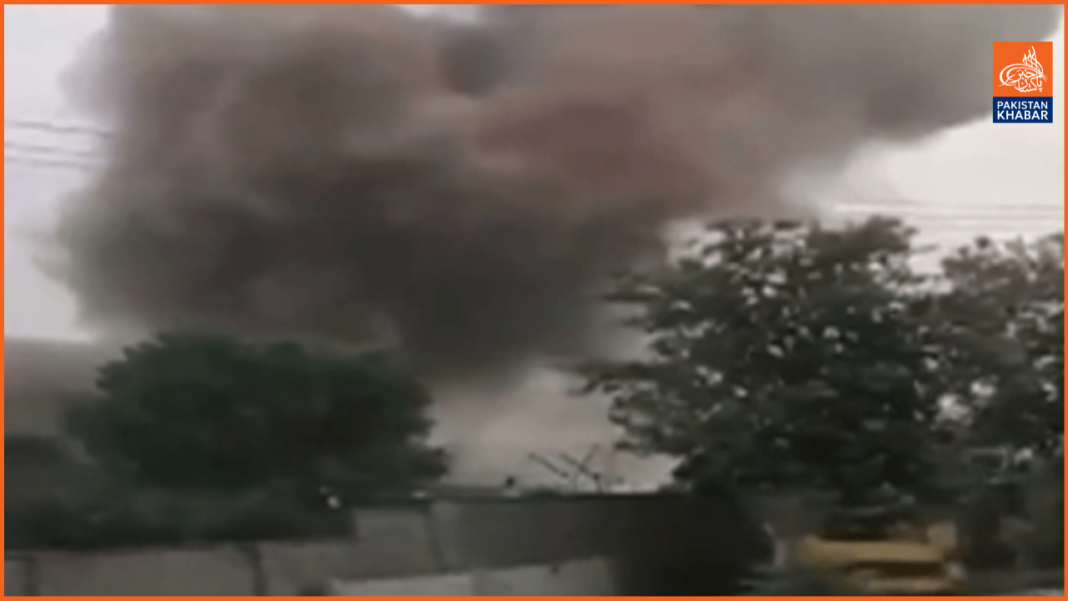A suspected bomber who claimed to have participated in the Aug 2008 bomb attack outside the Pakistan Ordnance Factory (POF) killing 69 persons has been cleared by the Supreme Court of all charges.
After the top court granted the suspect the benefit of the doubt, he was cleared since the conviction and sentencing imposed by the trial court and maintained by the high court proved unsustainable.
Observed Justice Athar Minallah in a ruling granting relief to the appellant: “The prosecution did not bring on record any evidence to establish that the appellant was a member of any proscribed organisation nor that he was motivated by or working for a terrorist group.” Last week the court rendered its decision.
Underlining an appeal by Hameedullah against the Rawalpindi Bench of the Lahore High Court of sustaining his conviction and confirmation of death sentence on a jail petition, Justice Athar Minallah was leading a three-judge Supreme Court bench.
Justice Minallah notes evidence contradictions and notes that prosecution lacked specific proof.
Military officers arrested Hameedullah and charged him with participation in the incident. Witnesses said he carried a hand grenade and was sporting an explosive vest, but important information about his arrest and the proof against him was rife with contradictions.
The case of the prosecution mostly depended on the statements of Subedar Major Ghulam Rasool and Subedar Muhammad Rafique, who claimed to have found Hameedullah on scene.
Their stories, however, ran counter to one another: one said he did not try to detonate his jacket, while the other swore he did. The verdict clarified that neither witness had experience handling explosives, thereby casting questions on how they safely removed the jacket before the police came.
It would be fitting for us not to observe the claimed recovery of explosives from District Akora Khattak lest it would compromise the trial pending before a competent court pursuant to registration of a separate criminal case, the judgment said, adding the prosecution had failed to discharge its obligation of proving the guilt of the appellant beyond a reasonable doubt.
The ruling clarified that it would not appeal to a sensible mind that the appellant and the complainant, who were thirty paces from another suicide bomber who exploded the suicide vest, would stay unharmed.
The prosecution was obliged to prove that the jacket was loaded with explosives and that the two grenades included explosives. It was an occasion in which the impact and its damage were witnessed well beyond thirty paces, the ruling underlined.
The judge noted moreover that the prosecution did not forward the jacket and the grenades for examination to a notified forensic laboratory.
The jacket, two grenades and pellets were sent to the District Civil Defence, Rawalpindi, on Aug 27, 2008; they looked over the objects and reported the same day.
The judgement clarified: There is nothing on record to indicate that the explosives were transported to a registered laboratory or that the District Civil Defence Rawalpindi was an established expert, having suitable resources to provide a conclusive opinion.
Likewise, the prosecution claimed, it did not provide any documentation proving the appellant belonged to a banned organization or that he was motivated by or employed for a terrorist group.
Even one reasonable doubt, Justice Athar Minallah said, calls for acquittal. The court reversed Hameedullah’s conviction, finding him innocent in lack of specific evidence linking him to the attacks or a terrorist organization.




